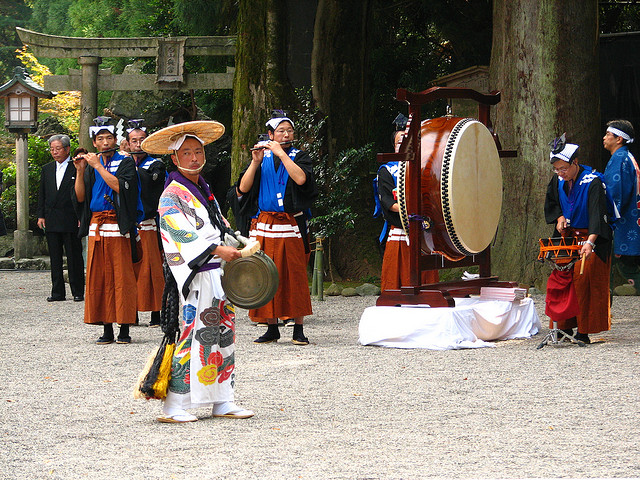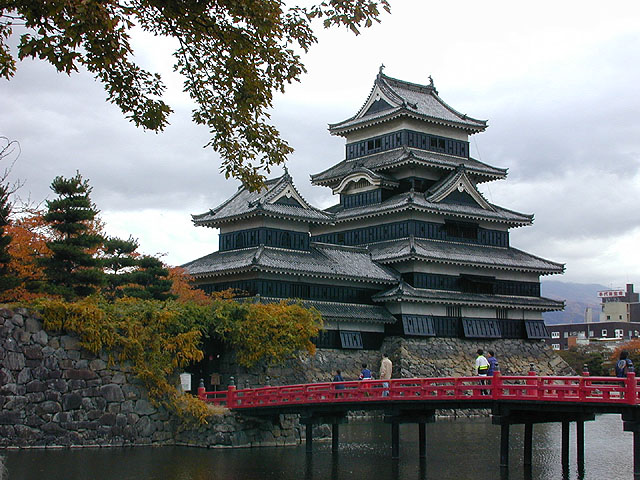
Modern Japanese business technique has actually been very influenced by Europe as well as North America. However to a big level yet still retains some generally Japanese methods. Below we introduce you to some of the extra relevant ideas as well as what they imply.
“(O)jigi”, or bowing in English, is probably the feature of Japanese decorum that is best known via media and also TV. Bowing is considered very essential in Japan, a lot so, although children typically begin finding out exactly how to bow from a really young age, companies frequently give training to their workers in exactly how to implement bows correctly Fundamental bows are performed with the back straight and also the hands at the sides (young boys and also males) or clasped in the lap (ladies as well as women), and with the eyes down. Bows come from the midsection. Usually, the longer and also much deeper the bow, the stronger the emotion and also the respect expressed. Bows can be generally divided right into three primary kinds: informal, formal, and extremely formal. Casual bows are made at about a fifteen level angle and also even more official bows at regarding thirty degrees. Really formal bows are much deeper.
“Meishi” are the Japanese matching of calling cards. They have a unique meaning and also to get a business card without due treatment as well as the focus can be seen as a personal minor. The appropriate means to existing meishi is to hold on top corners with the lettering dealing with the individual obtaining the card. The receiver needs to then take the card by both reduced edges, read it meticulously as well as position it somewhere risk-free. When trading meishi the person of lower status will certainly pass their card initially, and also the person of higher status will pass their card second.

“Keigo” is a respectful design of Japanese utilized frequently in organizations when speaking to superiors. Keigo (literally “respectful speech”) is utilized to show respect or humility in the face of people you are unfamiliar. It is frequently not instructed in institutions or at home, a lot of businesspeople receive lessons when they enter a firm.
“Uchi/Soto” means, roughly, Inner/Outer as well as refers to your connection with a certain group. In Japan status is conferred not only up and down, i.e. premium and also secondary, yet also flat, i.e. those with whom you recognize as well as those with whom you are not. The group dynamic is a really crucial one and also when you first satisfy any individual you will promptly use up the placement of outsider, Soto, even if you are from various branches of the very same company or work in the exact same field. You should understand the range that you are shown as a sign of regard, as well as not think that your hosts are being cool to you. The setting of Soto does have some advantages over that of expert, uchi, as an example, you are given much more freedom in your behaviour and also are not anticipated to follow the very same rigorous guidelines as someone who is uchi.
Silence is very vital in Japan. Though you may really feel unpleasant, attempt to analyse what kind of silence it is, whether it is a respectful silence or an upset silence. There is a guaranteed link between silence as well as knowledge. The Japanese character for Expertise combines the personalities for shedding and mouth, which goes to reveal that the Japanese think about individuals sensible who avoid talking. As the old proverb goes, “far better to stay silent and be assumed a fool than to open your mouth as well as remove any uncertainty”. Visit Active My Home for more info on Japanese culture.
Presents in Japan are given to show appreciation of a favour done for you or to establish an audio company or individual relationship. Gifts need to be something from your country and also of moderately high quality, ideally with a special value to your business or town and not made in Asia. Presents should be covered in “business colours” like dark environment-friendlies, greys, blues as well as browns, however, avoid white as it symbolises death. Gifts must be offered and also received with both hands, just like meishi. Bear in mind that to your service partners the present you provide and the manner in which you offer it disclose a lot about your character and your attitude towards service.
Dishes in Japan commonly begin with the phrase “itadakimasu” (actually, “I receive”). The expression is similar to the expression “bon appétit,” or grace, made use of in the case some people, at every meal. It is said to share thankfulness for all who had a part in preparing the food, as well as in cultivating, ranching or searching for edible food for plants and animals.

